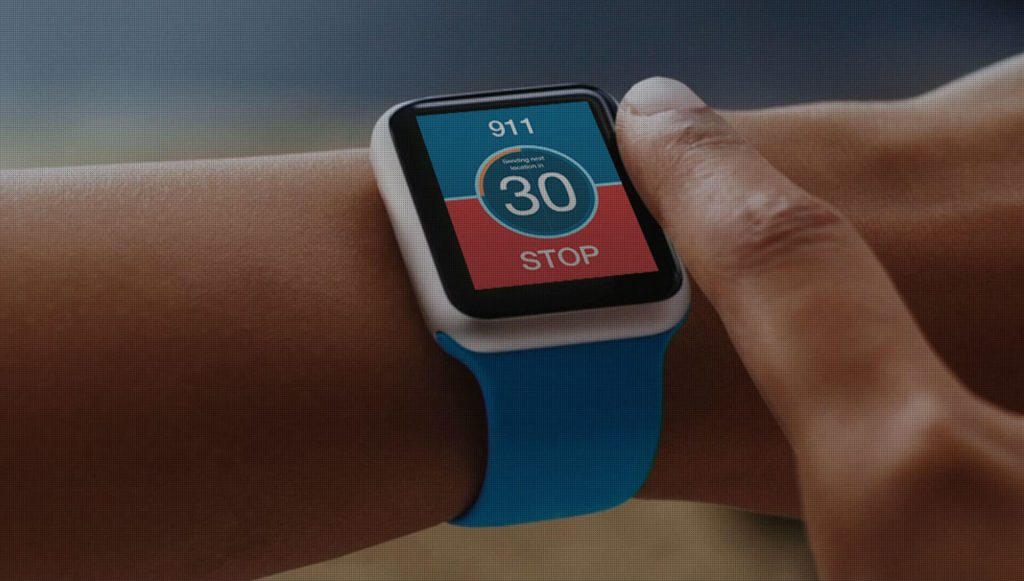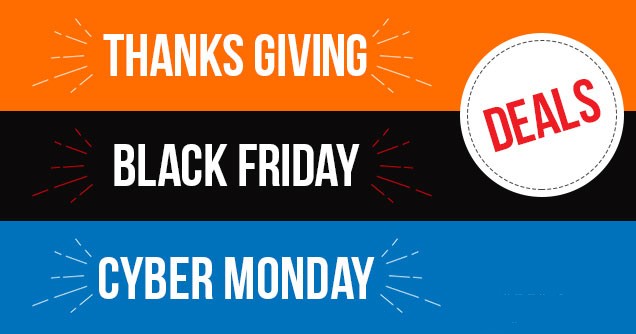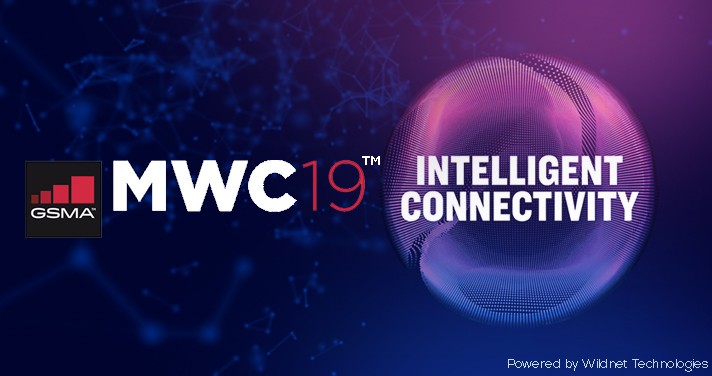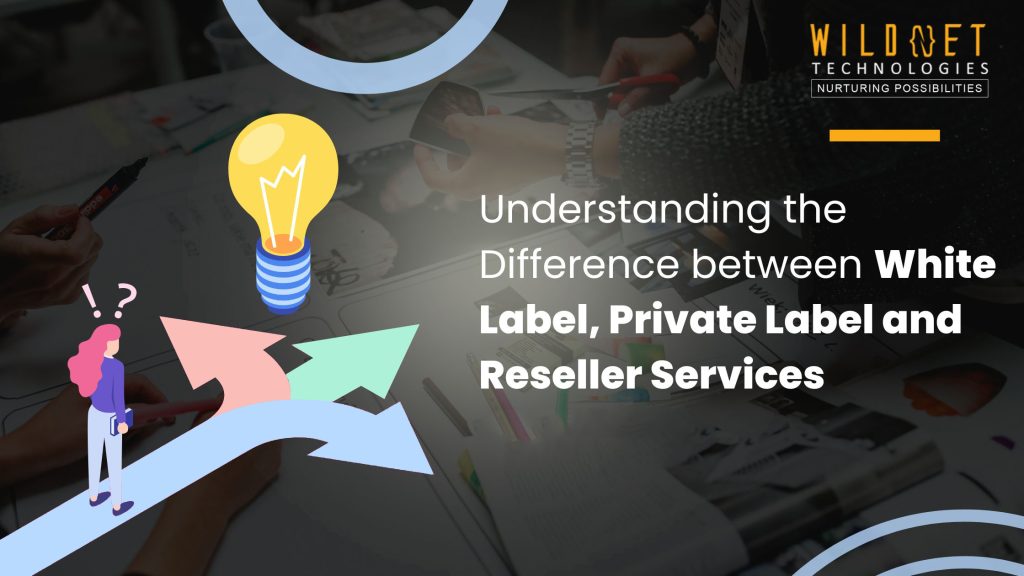Summary
AI powered SEO vs Traditional SEO is no longer a theoretical debate—it’s the new foundation of digital visibility.
In 2025, AI-powered SEO is reshaping how content is created, optimized, and ranked, while traditional SEO still plays a crucial role in building sustainable online authority.
The most innovative brands are now combining both approaches to deliver value-first experiences to users.
Key Takeaways
- AI powered SEO vs Traditional SEO is about automation & intelligence vs. experience & fundamentals.
- AI-powered SEO tools are streamlining keyword research, content optimization, and ROI tracking.
- Traditional SEO remains essential for trust signals, backlinks, and authority-building.
- The future of SEO lies in a hybrid & value-driven strategy.
Table of Contents
⤷ Key Features of Traditional SEO
- AI SEO vs Traditional SEO: The Complete Analysis
- AI SEO vs Traditional SEO: Which should Your Brand choose?
- Conclusion
- FAQs
In 2025, the SEO landscape looks very different.
With Google’s Search Generative Experience (SGE), Microsoft’s AI-driven Bing, and AI-powered content creation tools dominating the market, businesses are asking:
Is AI powered SEO replacing traditional SEO?
The answer isn’t black and white.
The key lies in value delivery when comparing AI powered SEO vs Traditional SEO.
AI-driven SEO offers speed, scalability, and predictive insights, while traditional SEO ensures long-term stability, trust, and compliance with evolving algorithms.
A few facts about AI SEO vs Traditional SEO

Consumer Stats on AI’s impact on Search in future
- The impact of AI on Search in 2025 shows that only 49% still check traditional links.

How AI is impacting Organic Search in 2025?
- The general consensus about AI is positive, with 64% of users supporting it, while 74% use AI tools.
- 82% of the users find AI-powered search much more helpful than traditional SERPs.

Which tools are being used to search in 2025? [Source: Search Engine Land]
- While 78% of marketers and around 68% of users are doubtful about the legitimacy of AI information.

How do Users feel about the quality of AI-gen results?
What is AI SEO?
AI powered SEO (Artificial Intelligence-driven Search Engine Optimization) uses machine learning, natural language processing (NLP), and predictive analytics to optimize websites.
Instead of relying solely on manual keyword research and guesswork, AI-powered SEO services automate everything from content recommendations to real-time ranking insights.
Key Features of AI SEO

The Five key features of AI SEO
The key features of AI SEO are as follows:
- AI-powered SEO tools are used for automated keyword clustering and search intent analysis.
- AI-powered SEO optimization is leveraged via NLP-based content creation and semantic search alignment.
- AI-powered SEO agents help in tracking competitor moves and algorithm shifts.
- Enhanced personalization for AI search vs Traditional SEO digital environments.
- ROI-focused dashboards answering your deep thoughts like “What software lets you compare ROI of traditional SEO vs AI-driven visibility?”
Now, let’s get to know traditional SEO, just for your information.
What is Traditional SEO?
Traditional SEO focuses on manual techniques to improve search rankings, such as optimizing website structure, keywords, backlinks, and content relevance.
It’s the bedrock of search marketing and remains critical for long-term brand authority.
Key Features of Traditional SEO

The 5 Key Pillars of Traditional SEO
Below are the key features of traditional SEO
- Manual keyword research and content writing.
- Backlink building from high-authority domains.
- On-page optimizations: meta tags, schema & alt texts.
- Technical SEO: site speed, mobile responsiveness & crawlability.
- Trust-building through domain authority and user engagement.
As you can see, these two SEO techniques dwell in different domains and uniquely target organic marketing.
Thus, it is time to understand their differences and make the best choice.
AI SEO vs Traditional SEO: The Complete Analysis
Below is a comparison table outlining the AI powered SEO vs Traditional SEO differences:
| Aspect | AI Powered SEO | Traditional SEO |
|---|---|---|
| Keyword Research | Automated clustering with AI | Manual research & mapping |
| Content Creation | AI-powered SEO techniques 2025 (NLP & semantic optimization) | Human-written and experience-driven |
| Link Building | AI-driven outreach personalization | Relationship-based link building |
| Adaptability | Predicts algorithm changes in real-time | Reacts to algorithm updates |
| Scalability | Automates tasks at scale | Time-intensive and manual |
| ROI Tracking | Software-driven & AI-powered SEO agents to compare ROI in real-time | Manual tracking through analytics tools |
| User Value | Personalization and predictive content | Credibility, expertise & trust |
| Compliance | Could lead to AI-content penalties, if misused | Safe and proven compliance strategies (white hat SEO) |
| Cost | Lower long-term cost with automation | Higher due to manpower and resources |
AI vs. Traditional SEO: 9 Key Differences
This table highlights why traditional SEO vs AI-driven SEO differences are critical for decision-making in 2025.
AI SEO vs Traditional SEO: Which should Your Brand choose?
The choice isn’t about AI vs traditional SEO; it’s about integration.
Because,
- Brands in fast-moving industries (eCommerce, SaaS, FinTech) benefit from AI-powered SEO strategies because they are highly adaptable in real time.
- Businesses in trust-driven industries (Healthcare, Law, and finance) should emphasize conventional SEO more while leveraging traditional SEO vs. AI search optimization for credibility in the AI era.
You need the best agency for AI-powered SEO strategies because they will offer a hybrid plan.
This custom SEO plan will merge AI-powered SEO services with traditional fundamentals for maximum impact.
Conclusion
The debate around traditional SEO vs AI SEO is not about which one will “win.”
Instead, the future lies in value-first SEO, where businesses adopt AI-powered efficiency without abandoning traditional trust signals.
In 2025 and beyond, the winning strategy is a balanced SEO approach: leveraging AI-powered SEO techniques 2025 while maintaining traditional authority-building.
This balance ensures both speed and sustainability in search rankings.
If you feel this is too much for you….
Wildnet Technologies is your go-to digital partner because we devise custom marketing strategies for each one of our clients (4100+ and counting).
We do it via our AI marketing innovation, niche expertise, and rich experience of almost two decades.
Wish to know more?
- Need Organic Marketing 2025? Try AI SEO, SXO & Instagram SEO
- How AI SEO is transforming the BFSI Sector in 2025?
- Glossary
- Digital Yum (our weekly newsletter that will help you become the thought leader in your industry)
Contact us now at “info@wildnettechnologies.com” and be one of the first to use Value-first SEO.
FAQs
FAQ 1. Is AI powered SEO better than Traditional SEO in 2025?
Ans: AI SEO offers speed and predictive power, but traditional SEO builds credibility.
The best strategy blends both because the first is brand new and the second is seasoned.
FAQ 2. Will AI replace SEO jobs completely?
Ans: No. AI powered SEO vs Traditional SEO highlights that while AI automates tasks, human creativity and strategy remain irreplaceable.
Plus, we know that Google constantly finds new ways to punish generic, fake and SEO-friendly AI content.
So, a Human + AI hybrid is what you should look for.
FAQ 3. What are the risks of AI powered SEO?
Ans: Over-reliance on AI may trigger content penalties or reduce authenticity—traditional SEO safeguards against this.
You shouldn’t just pivot to AI SEO because traditional SEO still works.
FAQ 4. Can small businesses adopt AI powered SEO?
Ans: Yes. Affordable AI-powered SEO tools make it accessible, even for startups.
All you need is an AI marketer; we’ve got them, too, on a contractual basis.
FAQ 5. Which is more future-proof: AI powered SEO or Traditional SEO?
Ans: Neither in isolation. A hybrid SEO strategy is the most future-proof.
Because we don’t know how the future will shape, we cannot choose just one horse in the race.






